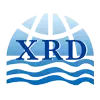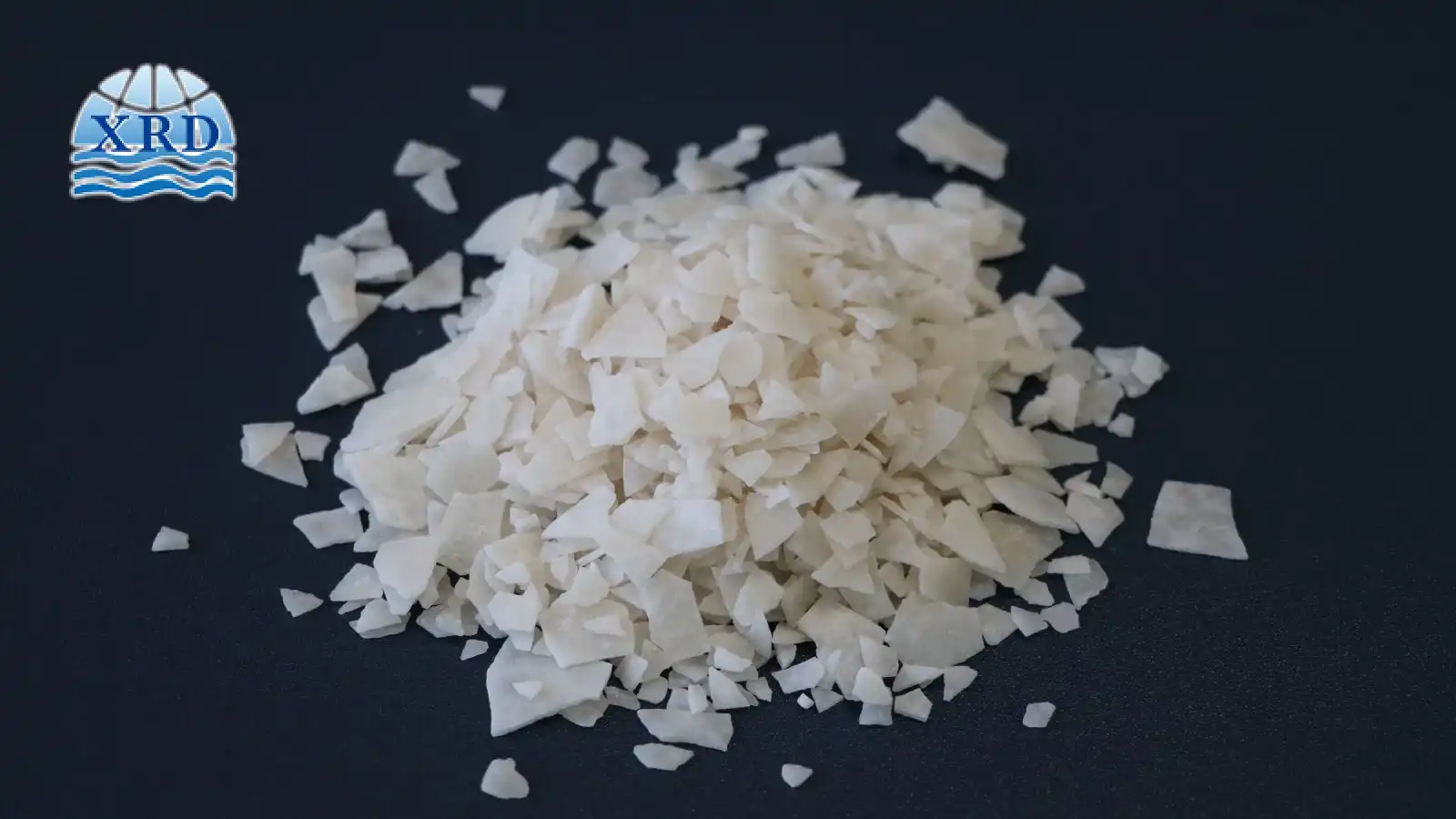Introduction to Industrial-Grade Magnesium Chloride
Magnesium chloride (MgCl₂) is a versatile inorganic compound widely used across multiple industries due to its high solubility, hygroscopic properties, and cost-effectiveness. It is available in bulk quantities primarily in two forms: magnesium chloride flakes and liquid magnesium chloride solutions. Each form has distinct advantages depending on the application—whether it's for de-icing roads, dust suppression, industrial manufacturing, or agricultural supplementation.
This article explores the differences between these two forms, their optimal use cases, and how industries can select the best magnesium chloride product based on their operational needs.
Magnesium Chloride Flakes: Storage, Transport, and Key Applications
Physical Properties & Handling
Magnesium chloride flakes (MgCl₂·6H₂O) are the dehydrated crystalline form, typically containing six water molecules. They are easier to store and transport compared to liquid solutions, as they do not require specialized tanks or spill containment systems.
| Parameter | Magnesium Chloride Flakes |
|---|---|
| Moisture Content | ~47% (hydrated form) |
| Solubility | 54.3 g/100 mL (20°C) |
| Bulk Density | ~0.9–1.1 g/cm³ |
| Storage | Dry, sealed containers |
Industrial Applications
-
Dust Control & Road Stabilization
- Flakes are dissolved in water to create brine for dust suppression in mining sites and unpaved roads.
- A 30–35% solution is commonly sprayed to bind fine particles and reduce airborne dust.
-
Feed Additives in Agriculture
- Used as a magnesium supplement in livestock feed to prevent deficiency-related disorders.
- Ensures proper nerve function and muscle health in cattle and poultry.
-
Textile & Paper Manufacturing
- Acts as a flame retardant and dye-fixing agent in fabrics.
- Improves paper strength and moisture resistance.
Liquid Magnesium Chloride: Pre-Dissolved Solutions for Efficiency
Advantages Over Flakes
Liquid magnesium chloride is a pre-mixed solution (typically 30–32% concentration), offering:
- Immediate usability (no dissolution required).
- Lower transportation costs for short-distance applications (e.g., municipal de-icing).
- Precision application in automated spray systems for road treatment.
Key Use Cases
-
Winter Road De-Icing
- More effective than rock salt (NaCl), working at temperatures as low as -15°C (5°F).
- Less corrosive to vehicles and infrastructure.
-
Food Processing & Pharmaceuticals
- High-purity liquid MgCl₂ is used in tofu production as a coagulant.
- In medicine, it serves as a magnesium source for IV solutions.
How to Choose: Liquid vs. Flake Magnesium Chloride
| Factor | Magnesium Chloride Flakes | Liquid Magnesium Chloride |
|---|---|---|
| Storage | Long shelf life, no tank needed | Requires corrosion-resistant tanks |
| Transport Cost | Lower (less weight per Mg²⁺ unit) | Higher (due to water content) |
| Ease of Use | Requires dissolution | Ready-to-use |
| Best For | Feed additives, remote dust control | Municipal de-icing, food-grade applications |
Supplier Selection: Ensuring High-Quality Bulk Magnesium Chloride
When sourcing bulk magnesium chloride, consider:
- Purity Levels: Industrial-grade should be ≥95% MgCl₂; food/pharma-grade ≥99%.
- Impurity Limits: Heavy metals (Pb, As) should be <10 ppm for food safety.
- Certifications: ISO 9001, NSF, or USP compliance for critical applications.
Conclusion
The choice between liquid magnesium chloride and magnesium chloride flakes depends on factors like storage capabilities, transportation logistics, and end-use requirements. Flakes offer long-term stability, while liquid solutions provide operational efficiency for immediate applications.
For industries seeking bulk procurement, verifying supplier credentials and product purity is essential to ensure optimal performance.

